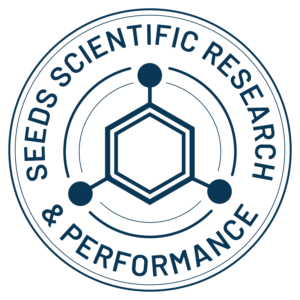Inflammation is a fundamental physiological response orchestrated by the immune system to combat various harmful stimuli, including infections, injuries, and toxic agents. This intricate biological process is characterized by a series of events involving immune cells, chemical mediators, and molecular signaling pathways. While inflammation is crucial for initiating tissue repair and defending the body against pathogens, its dysregulation can result in detrimental effects on cellular structures and overall health.
Internal Cellular Impact
Inflammation involves the activation of immune cells such as macrophages, neutrophils, and lymphocytes, which release pro-inflammatory cytokines, chemokines, and other mediators. These signaling molecules attract immune cells to the site of injury or infection. Initially, inflammation serves to isolate and eliminate the harmful agents, but when sustained or excessive, it can lead to the aberrant activation of immune cells and excessive production of reactive oxygen species (ROS). ROS are free radicals that can inflict damage to cellular components such as lipids, proteins, and DNA, resulting in oxidative stress and potentially causing mutations and cell death.

Diseases Linked to Inflammation
Chronic inflammation has been linked to a range of diseases, including autoimmune disorders (e.g., rheumatoid arthritis, multiple sclerosis), cardiovascular diseases (e.g., atherosclerosis), neurodegenerative conditions (e.g., Alzheimer’s disease), and even certain types of cancer. In these instances, the immune response becomes misdirected, leading to attacks on healthy cells and tissues. The persistent presence of inflammatory mediators perpetuates tissue damage and disrupts normal cellular functions, contributing to disease progression and exacerbation.
Cellular Damage
Inflammatory processes can damage healthy cells by inducing apoptosis (programmed cell death), impairing cellular metabolism, and promoting tissue fibrosis. Additionally, chronic inflammation can compromise the integrity of the endothelial lining of blood vessels, leading to increased permeability and the deposition of cholesterol-rich plaques, ultimately contributing to cardiovascular complications.

Prevention, Management, and Reversal For Inflammation
Efforts to prevent, manage, or reverse inflammation-induced cellular damage encompass a multifaceted approach:
- Lifestyle Modifications: Maintaining a balanced diet rich in antioxidants, engaging in regular exercise, and managing stress can help mitigate chronic inflammation.
- Pharmacological Interventions: Non-steroidal anti-inflammatory drugs (NSAIDs), corticosteroids, and disease-modifying anti-rheumatic drugs (DMARDs) are commonly employed to manage inflammation in various diseases.
- Peptide-Based Therapies: Peptides have garnered attention as potential therapeutic agents due to their ability to modulate inflammatory processes at a molecular level. Anti-inflammatory peptides can selectively inhibit pro-inflammatory cytokines, reducing immune cell activation and tissue damage.
- Biologic Therapies: Monoclonal antibodies targeting specific cytokines or immune cell receptors have been developed to curb excessive inflammation in conditions such as rheumatoid arthritis and inflammatory bowel disease.
- Nutraceuticals: Natural compounds such as omega-3 fatty acids, curcumin, and resveratrol possess anti-inflammatory properties and are explored for their potential to attenuate inflammation-related cellular damage.
- Personalized Medicine: Tailoring treatments to an individual’s genetic makeup and specific inflammatory profile holds promise for optimizing therapeutic interventions.
In conclusion, inflammation is a double-edged sword that plays a pivotal role in immune defense and tissue repair, yet its persistent and uncontrolled activation can lead to cellular damage and contribute to a range of diseases. The development of targeted therapies, including peptides and other medical interventions, offers promising avenues to prevent, manage, and potentially reverse the pathological effects of inflammation, thereby improving overall health outcomes.


